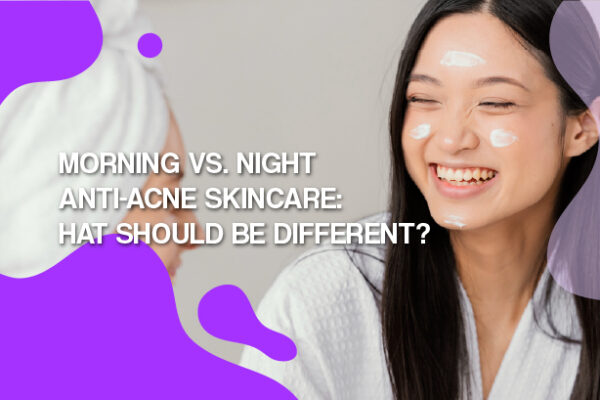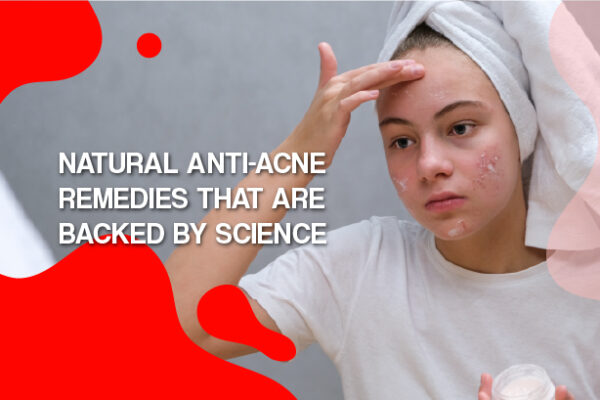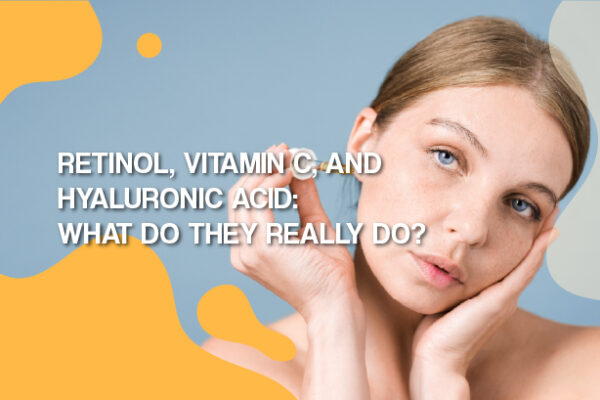
How to Create a Simple DIY Skincare Routine on a Budget
Creating a personalised skincare routine does not have to be expensive. With a few affordable,…

Creating a personalised skincare routine does not have to be expensive. With a few affordable, easy-to-find ingredients and basic steps, you can support your skin’s health naturally. Always consult a medical professional before following any health advice or starting a new skincare regimen. Start with a Gentle Homemade Cleanser Use natural ingredients like honey or…

DIY skincare is popular for a reason: it’s accessible, affordable, and often uses ingredients already in your kitchen. But when it comes to acne, not all remedies are created equal. Let’s explore what works, what doesn’t, and how to approach home acne care safely. Always consult a medical professional before following any health advice or…

If you have acne-prone skin, selecting the right makeup is crucial. Certain products can clog pores, leading to more breakouts. Thankfully, non-comedogenic options are widely available. Always consult a medical professional before following any health advice or starting a new health plan. Understand What Non-Comedogenic Means Non-comedogenic products are specifically formulated not to clog pores,…

Acne prevention goes beyond skincare products. Consistent, healthy daily habits can help maintain clearer skin over time. Always consult a medical professional before following any health advice or starting a new health plan. Cleanse Your Face Twice Daily Washing your face in the morning and evening removes dirt, oil, and bacteria that can clog pores….

An effective acne-fighting skincare routine isn’t just about the products you use but also when you use them. Morning and night routines serve different purposes, and understanding their roles can help maximize results while protecting your skin. Always consult a medical professional before following any health advice or setting out a new health plan. Purpose…

Dealing with acne can be frustrating, and not everyone wants to rely on harsh chemicals. Fortunately, there are natural anti-acne treatments supported by research. These gentle options may help calm your skin and reduce breakouts. Always consult a medical professional before following any health advice or setting out a new health plan. Tea Tree Oil…

Combining the right skincare ingredients can transform your skin while mixing the wrong ones can cause irritation or cancel out their benefits. Understanding ingredient compatibility is key to building an effective routine. Always consult a medical professional before following any health advice or starting a new health plan. Vitamin C and Sunscreen Vitamin C works…

When it comes to skincare, a few standout ingredients continue to earn attention for good reason. Retinol, vitamin C, and hyaluronic acid are at the top of that list. They each bring unique benefits to your skincare routine, but understanding how they work can help you use them correctly and get the results you want….

Vaginal acne also known as folliculitis or pimples around the bikini area can be uncomfortable and frustrating. While hygiene and hormones often get the blame, your clothing choices and fabric types can also play a significant role. Understanding how garments impact the skin helps reduce breakouts and discomfort. Always consult a medical professional before following…

Taking care of intimate skin is just as important as caring for your face or body. Because this area is sensitive and more prone to irritation, choosing the right skincare products is essential. This guide walks you through safe ingredients, what to avoid, and tips for maintaining comfort and balance. Always consult a medical professional…